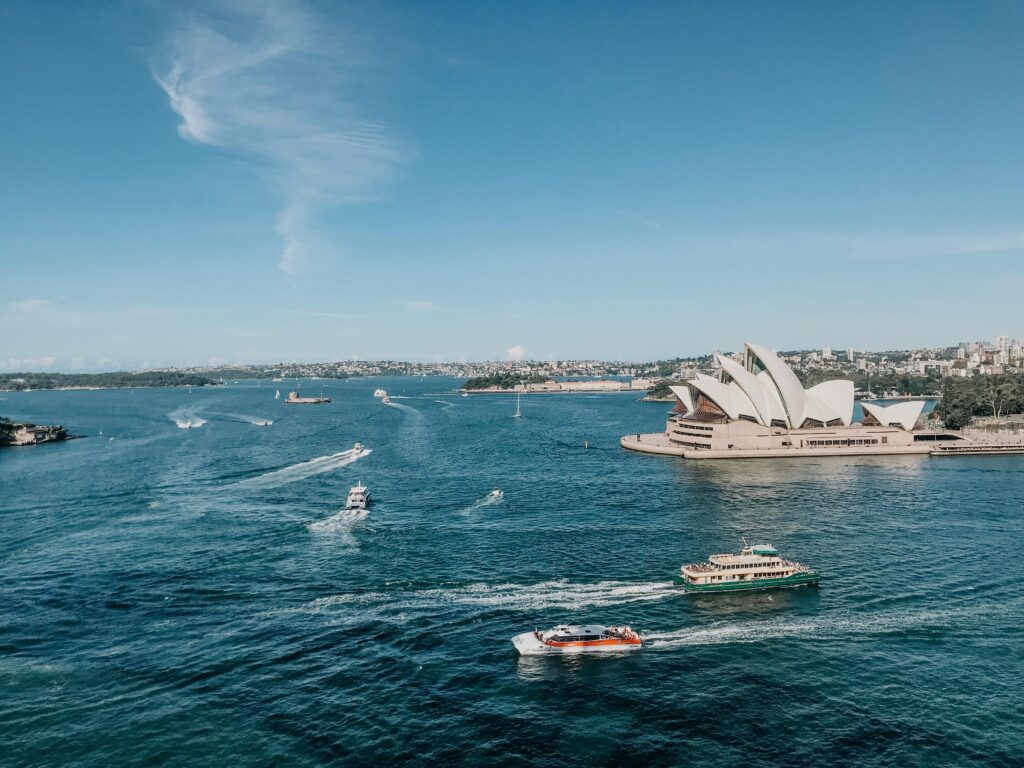Australia has enacted a landmark law prohibiting children under 16 from using social media, setting a global example in regulating Big Tech. The legislation, passed on Thursday, requires platforms like Instagram, TikTok, and Facebook to block underage users or face fines of up to 49.5 million Australian dollars ($32 million USD). Enforcement trials will begin in January 2024, with the full ban slated for implementation in a year.
This move reflects growing global concern over the impact of social media on youth mental health. While some nations, including France and U.S. states, have introduced parental consent requirements, Australia’s ban is one of the strictest, with no exceptions. In Florida, a similar ban faces legal challenges over free speech.
National Debate and Divided Opinions
The Social Media Minimum Age Bill has ignited widespread debate across Australia. While the majority of the public supports the measure—77% according to polls—criticism has emerged from privacy advocates, youth organizations, and industry groups. Media campaigns, led by Rupert Murdoch’s News Corp under the slogan “Let Them Be Kids,” played a key role in rallying public opinion. Testimonies from parents of children harmed by social media further underscored the urgency of the legislation.
Prime Minister Anthony Albanese, whose government faces declining approval ratings ahead of the 2025 election, championed the law as a significant achievement. Supporters view it as a decisive measure to protect children from harmful online experiences. Advocates like Ali Halkic, who lost his son to social media-related bullying, praised the ban as a step toward empowering parents and addressing online risks.
Opponents, however, warn of potential drawbacks. Privacy experts caution that the age verification required to enforce the ban could lead to invasive data collection, paving the way for government surveillance. In response, lawmakers added a provision requiring platforms to offer non-ID-based verification methods. Youth groups and academics argue the ban may isolate vulnerable groups, such as LGBTQIA and migrant teens, who rely on social media for support. Critics like Sydney student Enie Lam, 16, fear the ban will push teenagers toward riskier online spaces or encourage them to bypass restrictions.
Challenges for Implementation and Industry Concerns
Tech companies have expressed reservations about the feasibility of enforcing the law. Meta, which owns Facebook and Instagram, criticized the rushed legislation, claiming it overlooked existing safeguards and failed to include young people’s perspectives. TikTok and X (formerly Twitter) declined to comment, while YouTube secured an exemption due to its educational use in schools.
Sunita Bose, managing director of the Digital Industry Group representing social media companies, called the law premature and lacking clarity. Bose argued that without clear government guidance on acceptable age verification methods, the burden on platforms could be excessive and ineffective.
Global Implications and Broader Impact
The legislation could strain Australia’s relationship with the United States, home to most major social media companies. Elon Musk, owner of X, criticized the ban as a possible step toward broader internet control. Australia has previously clashed with Big Tech by introducing laws requiring platforms to pay royalties for news content and crack down on online scams.
Supporters see the ban as a necessary step to safeguard young people, while critics warn of potential overreach and unintended harm. As Australia moves forward with this unprecedented law, the world will watch closely to see its impact, likely shaping future debates on balancing digital freedoms with youth protection.
